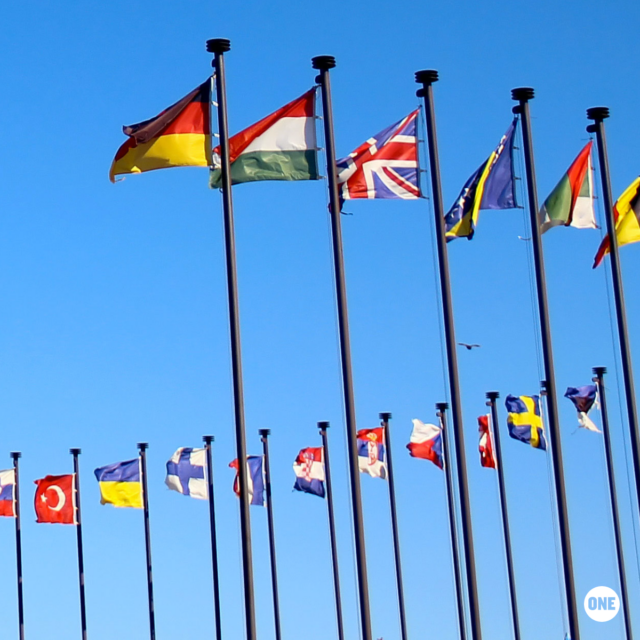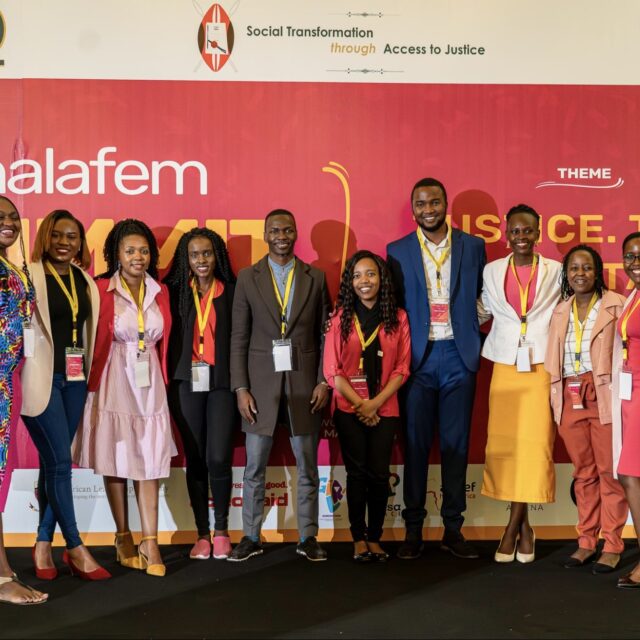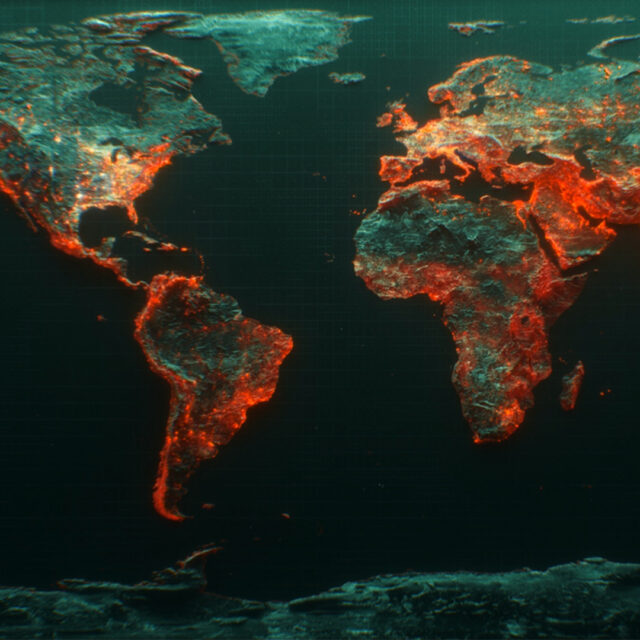In the next 12 months, the G20 will play a crucial role in recovering from the pandemic through a global response that can bring unity and prosperity to all. In the past, the G20 has shown great tenacity in the face of global crises, and the current COVID-19 pandemic represents yet another challenge.
COVID-19 has reversed years of progress and can seriously jeopardize all chances of achieving the Sustainable Development Goals (SDGs), compromising our present and future. It took just a few weeks to erase decades of progress in the fight against extreme poverty: the World Bank estimates that over 100 million people have fallen into extreme poverty this year, adding to the 700 million people living on less than US$1.90 a day.
As young ambassadors of ONE, a global organization that campaigns to eradicate extreme poverty and preventable diseases by 2030, we believe in concrete action. The benefits from effective cooperation in the response to the pandemic would be numerous, and some adequately coordinated actions would be enough to guarantee it.
Italy’s opportunity as G20 president
Italy has an opportunity, as president of the G20, to renew global commitment to multilateralism and cast aside the “first us, then others” mentality. Italy strongly supports the need to ensure global access to COVID-19 diagnostics, treatments, and vaccines, and, on several occasions, has not hesitated to finance their development. This guarantee, extended to all sections of the population, would accelerate the end of the health crisis and save millions of lives. To date, despite the initial Italian contribution, the ACT-Accelerator, a mechanism aimed at ensuring a rapid and large-scale response to the pandemic, needs new funding.
Viruses know no geographical borders, but the capacities of countries to protect the life and health of their citizens and to counter COVID-19’s dramatic socioeconomic consequences are different. Africa is facing a liquidity crisis and urgently needs additional financial resources to respond to the pandemic. G20 countries, the largest economic powers and the largest global creditors, must commit to implementing fairer financial flows to support low-income countries.
We expect that, at the G20 table, world leaders would use their leverage to influence decisions of multilateral and private organizations and push for an agreement on a stimulus package for Africa. It is essential to extend these debt suspension measures until the end of 2021 and to put pressure on the International Monetary Fund for a new issue of Special Drawing Rights, accompanied by a mechanism for transferring them from the richest countries to the more poor.
With its presidency, Italy will be able to operate in a decisive way to restore the equity of the financial system and give impetus to a discussion that places equity and support at the center. Furthermore, world leaders must protect remittances, an economic lifeline and a vital source of income for 1 out of 10 people worldwide, by reducing their costs. We need to rip the rulebook and act for a systemic change: this is how we can mitigate the inequalities that the pandemic has accentuated. Only with an innovative agenda can we aim at achieving this objective.
Fighting for the present and the future
Young generations today believe in the need for a fair and just world, in which everyone has access to the same tools and means to reach a level of common well-being. We call on leaders to act in an innovative, long-term perspective, which prioritizes three fundamental pillars for an inclusive and just future: people, planet, and equally shared prosperity.
With an awareness of the history of the past, one eye on the present, and the other eye on the future, we Youth Ambassadors are fighting for current causes that we know will have an impact in the years to come. The pandemic will have long-term effects and we will face them, losing opportunities for training, professionalization, and income. As young Italians we know that our country’s presidency of the G20 is an opportunity to make our voice heard on the issues that are important to us and that we know are important for the future.
This pandemic, which has undeniably affected the population and the world economy, has brought to light the difficulties of governments in cooperating in the search for an effective and efficient common response, favoring instead a nationalist approach in the “my country first” style.
Today more than ever, international cooperation can make a difference. We need a ruling class that no longer makes distinctions between North and South: ours is a united world and must be seen as such. Many politicians and economists have loudly declared that this G20 will aim to “build back better” — let’s commit to doing it for real, taking this opportunity to rebuild a stronger, more united, and more supportive world where no one is left behind.



